Jul 25, 2021 | Accounting
Your year-end accounting checklist
Whether you’re an individual, self-employed, or a business executive, it’s important to prepare for your calendar year-end. The end of the calendar year affects everyone. It falls on December 31 of each year – it’s your tax/fiscal year-end that might be different. Here’s our little checklist to get you ready!
For individuals and self-employed individuals
-
- Gather and file your past tax documents: last notice to readers and 2020 tax returns
- Collect and file current year documents
- Prepare your qualified income and expense reports that are not on forms
- Register with Revenue Quebec and the CRA online services to view and update your personal information
- Contribute to your RRSPs before the end of February
- Find an accountant
- Consult a tax professional or financial advisor for your financial planning questions
For businesses

- Do your bookkeeping: you need to make sure that revenues and expenses are in the right accounts, that your payables and receivables are balanced, and that you make the end-of-period entries (prepaid, depreciation, interest, accruals…)
- Create a payroll file: employee forms, summaries 1, vacation bank, payroll calendar, next year’s holidays…
- Don’t forget the fiscal year-end may be different from the calendar year used for payroll, so it’s important to validate your shareholder compensation policy (RRSPs, bonuses, dividends, etc.)
- Present your results and balance sheets to your employees. Transparent communication of successes and challenges encountered and future goals promotes the involvement of all in achieving your mission in line with your vision.
- Find an accountant to accompany you at every stage of your company’s history.
Related Services:
Related Articles:


